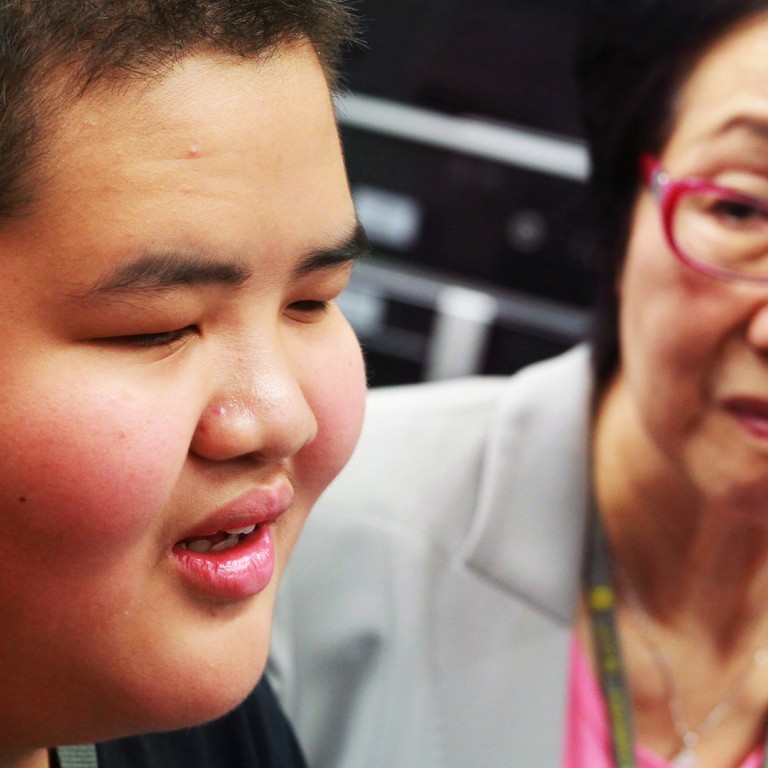
Update | Abandoned boy, 12, divides opinion in bid for Hong Kong residency
Fears of copycat cases clash with humanitarian concerns in a debate triggered by Siu Yau-wai's nine years of living under the radar
Hongkongers are split over the fate of a 12-year-old boy who has lived in their midst without official identification for nine years, with some calling for him to be allowed to stay for humanitarian reasons and others fearing the case may open the floodgates.
NGOs say they have indeed seen more children in similar situations.
In the spotlight is Siu Yau-wai, who at age three was brought to Hong Kong by his grandmother Chow Siu-shuen from Shenzhen in 2006 using a two-way permit, allowing only a short visit, after his parents abandoned him on the mainland.
"There needs to be an investigation into whether his claims are real and honest. If they are, [the government] should not deport him," Billy Wong Wai-yuk, executive secretary of the Committee of Children's Rights, said yesterday. "We signed the [UN] Convention on the Rights of the Child … We should view this from the child's standpoint and decide what is best for him."
Wong noted Yau-wai had nowhere to "return to", contrary to callers on a phone-in morning radio show who expressed fears allowing him to remain would encourage an influx of illegal migrants and overstayers.
Roy Tam Hoi-pong, of the Population Policy Concern Group, held a differing view from Wong. "This is a unique case in which either way is a difficult decision and [the boy] is worth sympathising with. But my judgment is he needs to be deported," Tam said.
He said the boy's two-way permit had been obtained illegally under another name and he had also overstayed.
"It's breaking the law twice. If he manages to be granted a stay, then Hong Kong's immigration laws are completely shot" and the case might open the floodgates to similar appeals, Tam said.
Sze Lai-shan, who works with migrant children and families at the Society for Community Organisation, disagreed. "It's not right to say the floodgates will open if this child is granted a stay in Hong Kong," she said.
The wait for discretionary permission to stay in the city was long, with some waiting more than 10 years, Sze said. "Who likes to stay in limbo for a decade?" Sze asked. "They stay here with no benefits at all. The child will have to pay for any schooling and won't be allowed to find a job later on, during the wait."
It would also be extremely stressful and the child would tend to perform poorly at school and have little social life, she added.
Sze said she was dealing with about a dozen cases along the same lines. "The department is very strict about these cases," she said. "It will definitely do a very thorough investigation before making a decision."
Many of these children had special reasons for overstaying, Sze said. Some had no family left on the mainland, while others had no , or household registration. "If the children have relatives on the mainland, we usually encourage them to go back," she said.
"Any civilised society would pay a lot of attention to children like this - abandoned and stateless … not react the way we did."
Secretary for Labour and Welfare Matthew Cheung Kin-chung said cash aid for Yau-wai was unlikely because he was not a permanent resident, but assistance in other forms was possible.
From 2005 to the end of September 2010, the immigration director exercised discretion to let 129 people who had no right of abode remain in the city, Security Bureau figures showed. The department could not provide post-2010 data.
